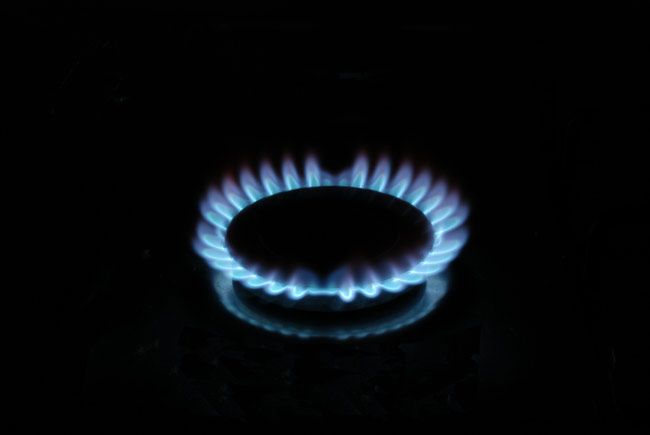Electrolux: Put Household Appliances on the Climate Agenda

Amid a swirl of controversy during the second week of the United Nations international climate summit in Copenhagen, Henrik Sundström, Electrolux VP of Environmental and Sustainability Affairs urged delegates to bypass the low-hanging fruit of quotas and renewable energy, and focus instead on immediate ways to reduce CO2 emissions.
Electrolux is a global producer of appliances and equipment for kitchen and cleaning.
“What matters now is to make it attractive for consumers to get on the train," Sundström said. "And there must be policies on the table to stimulate the replacement of obsolete household products – such as a scrapping scheme similar to that which the government has just adopted to ensure that the waste oil burner is phased out. Consumers will save money on electricity bills, the environment is saved from unnecessary CO2 emissions, and politicians are one step closer to achieving their stated climate change targets.”
Developing nations walked out of the conference yesterday, accusing Denmark of trying to kill the Kyoto Protocol. Thousands of protesters were arrested outside the Bella Centre in the wake of the walkout, and Sarah Palin called for President Obama to boycott the summit. President Obama will appear at the summit on Thursday after rescheduling his participation from Dec. 9, saying he can be more productive on the last day of the conference.
Talks resumed today, with key world leaders on the agenda. "We are at a critical moment. These are momentous decisions. The outcome hangs in the balance,” said British Prime Minister Gordon Brown, "We will not be forgiven by future generations if we do not come up with agreement."
The Kyoto Protocol, the only legally binding agreement on climate change, was never ratified by the United States and does not include China. The key issue at the Copenhagen summit is to decide whether or not to keep the Kyoto Protocol or start from scratch. Beyond the question of its very existence, a rift has grown between developed and undeveloped nations over how much the rich, CO2-producing nations should pay to help poor countries conform to mandated changes.
Electrolux has released its own study showing the dramatic reduction on CO2 emissions achieved by replacing outdated appliances. According to the study, the city of Copenhagen could reduce its environmental impact by 56,402 tons of CO2 emissions annually if every household replaced household appliances more than ten years old with new, energy efficient models.
Sign up for the Live Science daily newsletter now
Get the world’s most fascinating discoveries delivered straight to your inbox.
“The electricity savings would mean that all households in Copenhagen could have a 60-watt light bulb on all day and night for 89 days,” states Sundström, “The electricity bill for each household could also be reduced by DKK 813 per year.” In dollars, that’s $159.
Replacing old household appliances is one of the global initiatives that potentially offer the largest CO2 savings compared to costs, according to a survey conducted by McKinsey & Company in 2009. In Europe alone, CO2 emissions could be reduced by approximately 20 million tons per year through appliance replacement, equal to emissions from around 11 coal plants, or 6% of Kyoto’s target for the EU.
Electrolux has set a goal to reduce energy consumption in the production of their appliances by 15 percent by the end of this year and an additional reduction of 15 percent by 2012.
This article was provided by TopTenREVIEWS.












